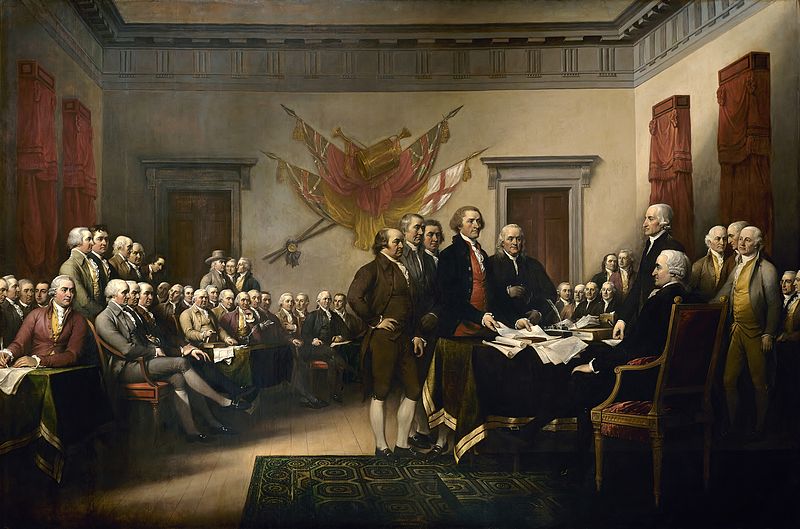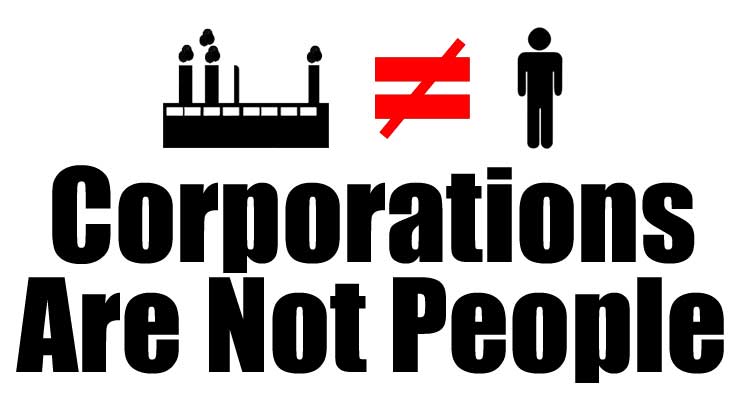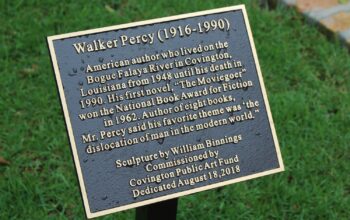Democracy is a system of governance by the people and for the people with the decision of rules and rulers made by the citizens of the country, while fascism is a system of governance by one individual or small group with no input from the citizenry allowed. Democracy values the freedom of speech and ideas, while fascism outlaws any speech or opinions contrary to their central belief.
Encyclopaedia Britannica cites fascism as referring to a bundle of sticks used as an authoritarian symbol for penal punishment in ancient Rome called a fasces. This is an allegory for the central government in a fascist state: a small group bound together for strength, wielding ultimate control and meting out any judgment they deem fit. It is a system of total control and violent opposition to dissension or criticism. Rampant nationalism is nearly ubiquitous in fascist states. Popular votes are for show, if they are held at all.
“The corporative State considers private initiative, in the field of production, as the most efficient and useful instrument of the Nation.” – Charter of Labour of 1927
Italian: Carta del Lavoro
Democracy is nearly the opposite approach to governance. Rulers are elected by the people, and can be cast out of office by those same people. The citizens decide which laws they are to live under, and have a say in changing those laws. Voting and freedom of speech and opinion are central to the democratic process. reference.com

A Republic (the current Democratic form of government in the U.S.) is a state in which the exercise of the sovereign power is lodged in representatives elected by the people. Constant vigilance by the public can ensure that elected officials are Representing the Will of the People and not the will of Corporate Influence.




